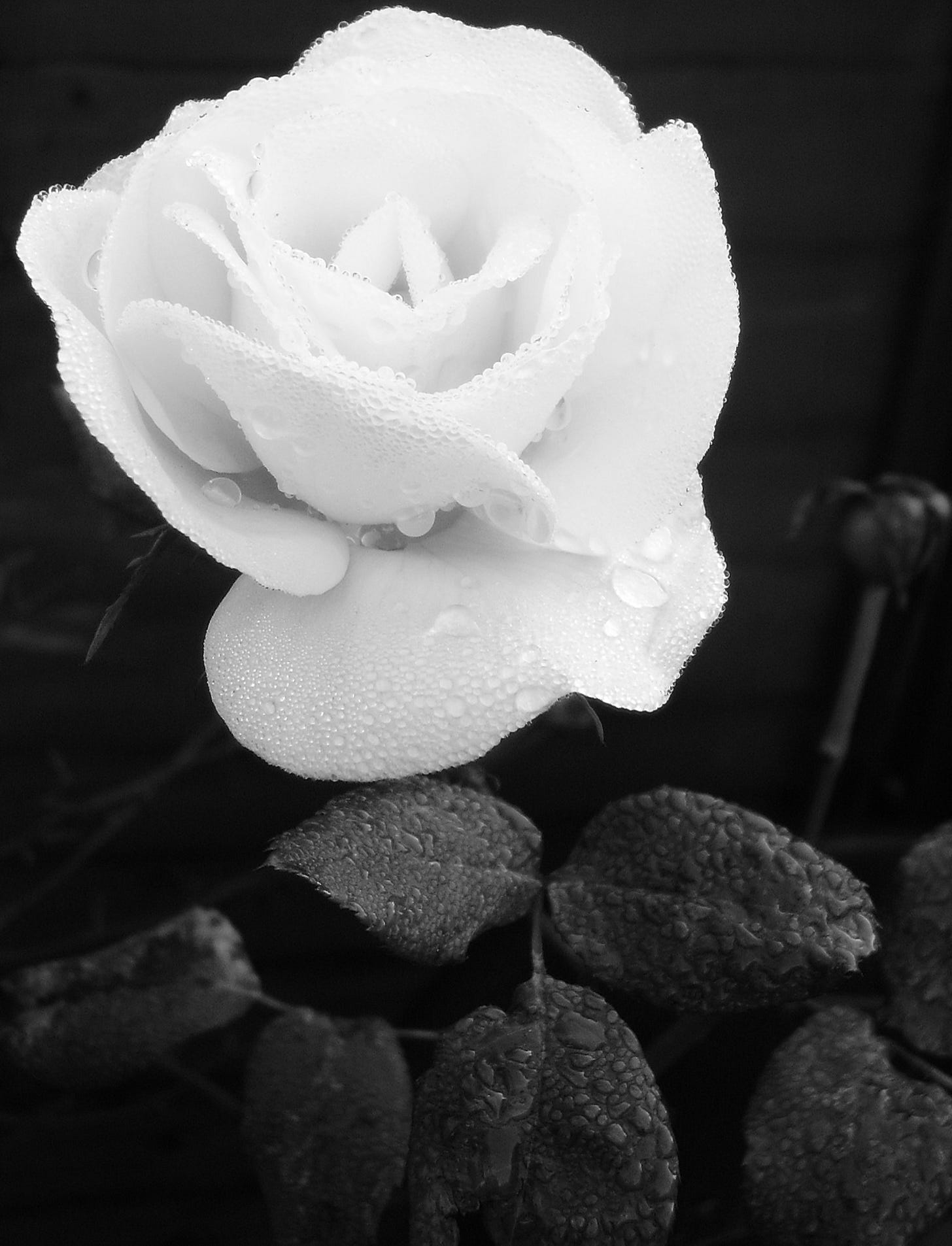Courage and the White Rose
Courage is a word that often gets bandied about and misused as do many words in the English language. In modern usage, we refer to people who have risked their lives or stepped into situations to protect an innocent person as courageous. When in fact their efforts were heroic, way beyond the call of duty, almost supernatural. If you were to interview one of these people, they would look at you with curiosity as if you were insane. To them, they were merely responding to the situation as they saw fit at the time. They are almost embarrassed by the attention.
The focus sets them apart as having certain capabilities beyond the norm. When in reality they just did what they were impelled to do at the time, motivated by their hearts, instead of merely being a bystander. We all have that capability. We all have hearts. We all have courage. The difference is they listen to the movement of the soul and most others do not. In the words of Henry David Thoreau:
“This earth which is spread out like a map around me is but the lining of my inmost soul exposed.”
The root of courage is from the Latin cor which means heart. Courage originally meant—
To speak one’s mind by telling all one’s heart.”
This idea puts a lot more responsibility on the person. We all can speak from one’s heart. We don’t need an army behind us to act with heart. It’s gross negligence that more of us don’t do so. And some days I even wonder at my own timidity in responding to issues that matter.
“What lies before us and what lies behind us are small matters compared to what lies within us. And when we bring what is within out into the world, miracles happen.”
American naturalist, poet, essayist, and philosopher, Henry David Thoreau as quoted above was a proponent of the idea that staying focused on the present and Presence led to unimaginable possibilities. Established in transcendental philosophy he understood that humans could practice individualism, idealism, and the divinity of nature. Though the purpose of this entry is not to study his views, it is worth noting that civil disobedience grew out of the transcendental movement in which each person has the ability and responsibility to think and make choices based on their values and what is right, rather than following the crowd, intimidated by principalities. It’s an interesting concept to consider given the past few years and our current state in history.
It strikes me that it takes considerable courage to override mass hysteria, confusion, and groupthink. We have numerous examples of people who looked at societal circumstances and took a different stance: from William Wilberforce to Martin Luther King, Jr., Harriet Tubman to Rosa Parks, Gandhi to Sophie Scholl to name a few. Throughout history rooted in religion and philosophy, men and women from different walks of life and races transcended dogma and rose to levels of insight and wisdom that forced them to take risks, stand against authoritarianism, and trust the divine percolating within them. Sophie Scholl puts her thoughts about choice in these words:
“And I could weep at how mean people are and how they betray their fellow creatures, perhaps for the sake of personal advantage. It is enough for a person to lose heart sometimes.”
I sometimes feel the same way when I look at aggressive behavior and irrational reactiveness to minor events. I wonder what is going on with people that they are unable to see themselves in other human beings. What shadow blinds their eyes and chokes their hearts to behave in ways that hurt and harm another human?
I became aware of Sophie Scholl and the White Rose movement when I was doing in-depth research of American history, philosophy, and religion several years ago. Of course, there is overlap when war affects another part of the world. When the United States entered into World War II against Nazi Germany the stores of the people and he histories of the countries became intertwined.
Sophie Scholl’s story struck me as one I should have heard about growing up even though I was born after that war. Besides the sheer tragedy of circumstances, I was taken by her youth, tenacity, and fortitude participating in endeavors that would surely lead to death.
We are inextricably tied to one another and through acts of courage remain strongholds of the Divine will. We are each other’s keepers.



